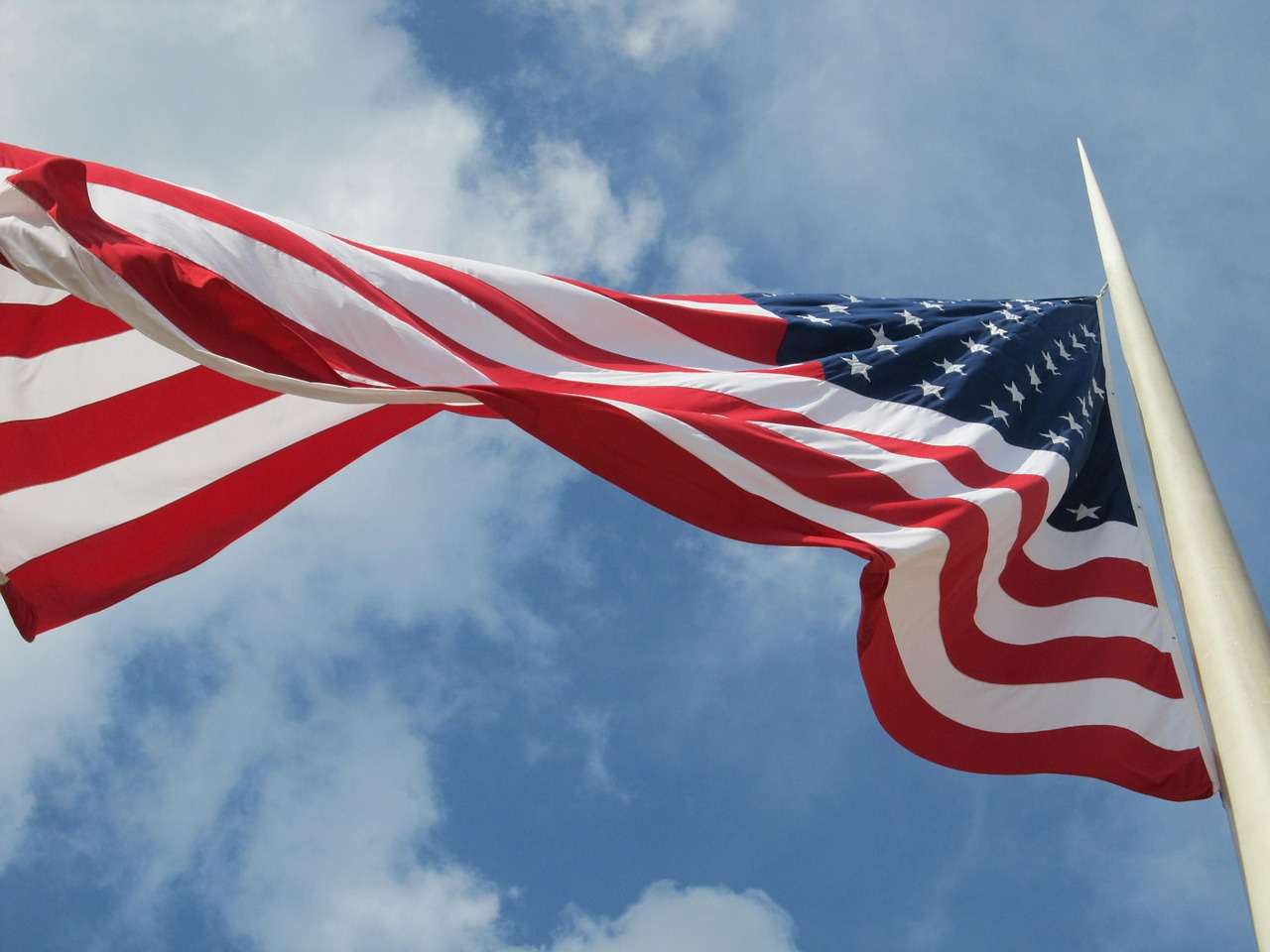Colin Kaepernick refused to stand for the national anthem prior to each of the San Francisco 49ers’ last two preseason games. As expected, his decision ignited a veritable cyclone of media coverage in which talking heads bat the same sound bites around in a circle and nearly everyone misses the point.
Kaepernick refused — and is refusing — to stand for the national anthem because, in his words, “I am not going to stand up to show pride in a flag for a country that oppresses black people and people of color. To me, this is bigger than football, and it would be selfish on my part to look the other way.” The gesture was intended to create a dialogue, and in that respect, it’s been extremely successful. The course of the dialogue, though, has been disappointing.
NASCAR driver Tony Stewart tweeted that Kaepernick “needs to learn the fact about police before running his dumbass mouth! He has no clue what they go thru! #idiot.” Former Patriots safety Rodney Harrison, a black man, decreed that Kaepernick isn’t black and that “he can not understand what I face and what other young black men and black people face, or what people of color face, on a every single [day] basis.” Harrison learned afterward that Kaepernick is biracial, and apologized.
Stewart and Harrison typify two common outcomes of racial dialogue today. Stewart decided that being against oppression of African-Americans means being against all law enforcement, and Harrison questions Kaepernick’s credentials as a black man. While Stewart’s opinion is assumptive and misinformed, Harrison’s is more dangerous: the idea that Kaepernick’s statement on society is somehow predicated on his racial identification.
Despite being a white man, I know that institutional racism exists in this country. Hypothetically, a black man who disagrees would be wrong — by statistically significant and scientifically accredited research — regardless of his race.
It seems to be the form of Kaepernick’s protest that has drawn most of the fire. The idea that he’s less of an American for sitting for the anthem raises an interesting point: The government never legally mandated that people stand for the song when it became the national anthem in the early 1900s. Free speech, perhaps the most American of all founding tenets, is front and center. Is not standing disrespectful? Maybe, but maybe that’s the point. Is it un-American? Not at all.
After his team’s final preseason game against San Diego last week, a man in the stands had the insight and perspective to inform Kaepernick that if the 49ers released Kaepernick, he’d have more time to draw attention to himself. Frowning, the quarterback shot back and said, “it’s not for me.” And he’s right — it’s not about him. It’s never been about him. Race dialogue in this country would be a hell of a lot more productive if people would remember that.
Jack Siglin is a senior physiology and neurobiology major. He can be reached at jsiglindbk@gmail.com.



